LAURA SIDDALL’S PARALYMPICS TRIATHLON EXPERIENCE

World class triathlete, Laura Siddall recently embarked on a unique adventure to Tokyo for the Tokyo 2020 Paralympics. Laura played a key part of Great Britain’s triathlon team as the travelling reserve for two Paratriathlon Visually Impaired (PTVI category) athletes. When she received the call from British Paratriathlon late 2019, she was immediately interested in supporting the team, taking on a new and exciting opportunity to do something different. She went on to join the team at numerous training sessions in the UK, ensuring she was primed and ready to compete as a guide in Tokyo if one of the permanent guides were to fall sick or injured.
We recently spoke with Laura to learn about her guiding experience, her time in Tokyo with the team as reserve, and touched based on what’s next this season for the 5 x ironman champion.
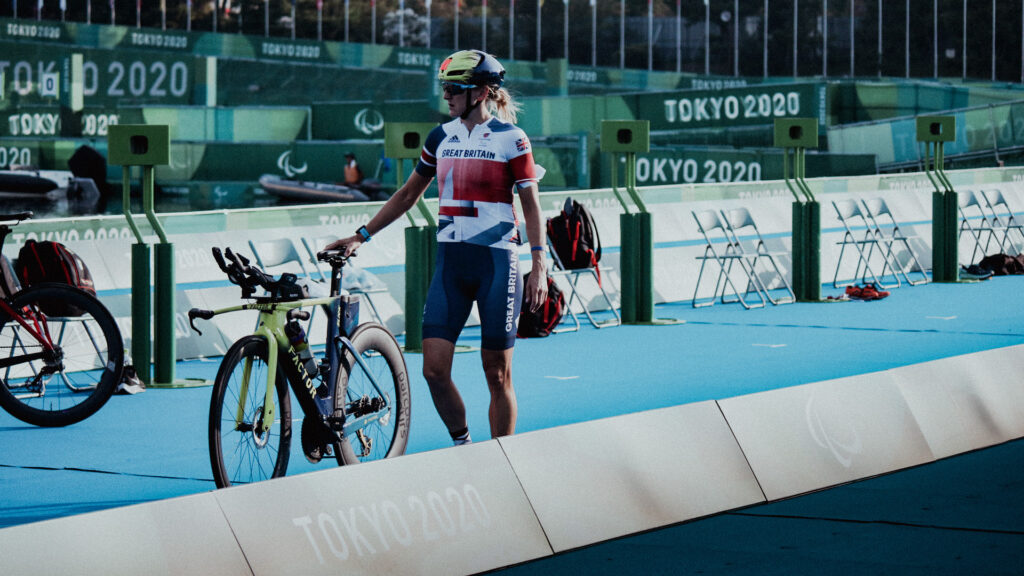
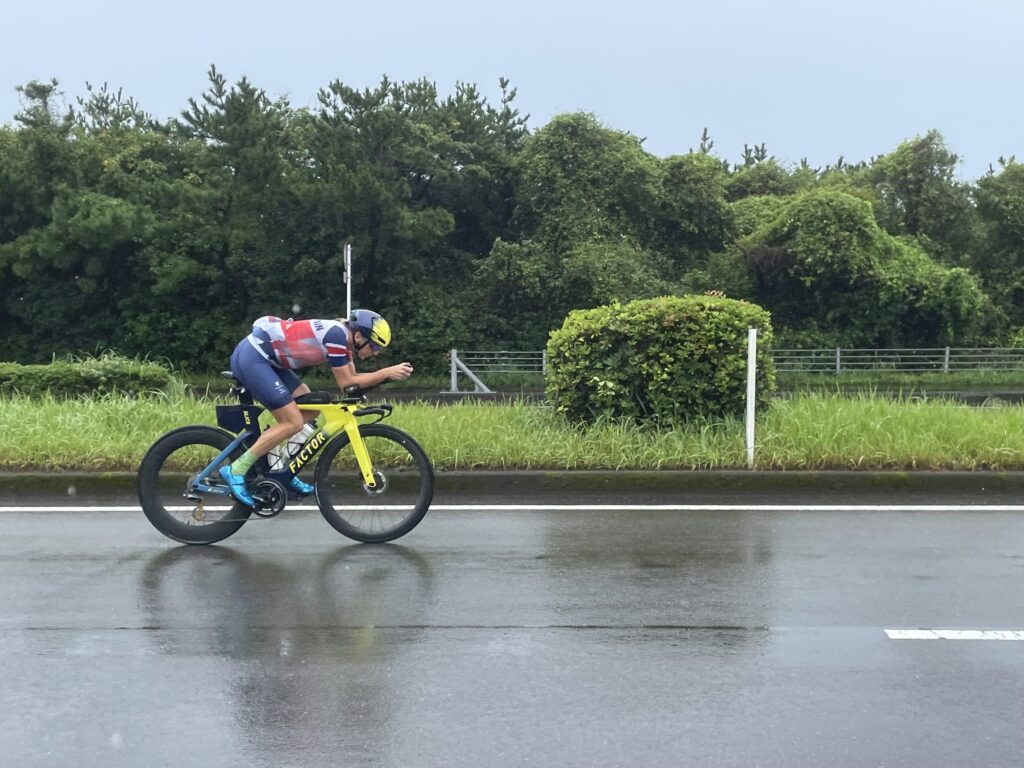
What was your role as a reserve for Team GB at the Tokyo Paralympics?
As a reserve I was the back-up guide for two Paratriathlon Visually Impaired (PTVI) athletes that compete for Paratriathlon GB – Alison Peasgood and Melissa Reid. Both athletes have race guides, Nikki Bartlett and Hazel Mcleod, so I was there in case Nikki or Hazel were to get sick or injured, ensuring that Alison and Melissa could still race.
When and why did you decide to take this opportunity and join the team?
British Paratriathlon reached out to me at the end of 2019 to see if I was interested. Then of course, everything went on hold with the pandemic. We started connecting again early this year, and I was able to get to the UK in April and July to spend some time with the team, meet the athletes, and train with them. It just seemed like a once in a lifetime opportunity to be part of these athletes’ journeys to the Paralympics, so I was very much on board. Everyone has been through so much over the past 18 months, so it was a special opportunity to help support the team as they took their last steps towards the Games.
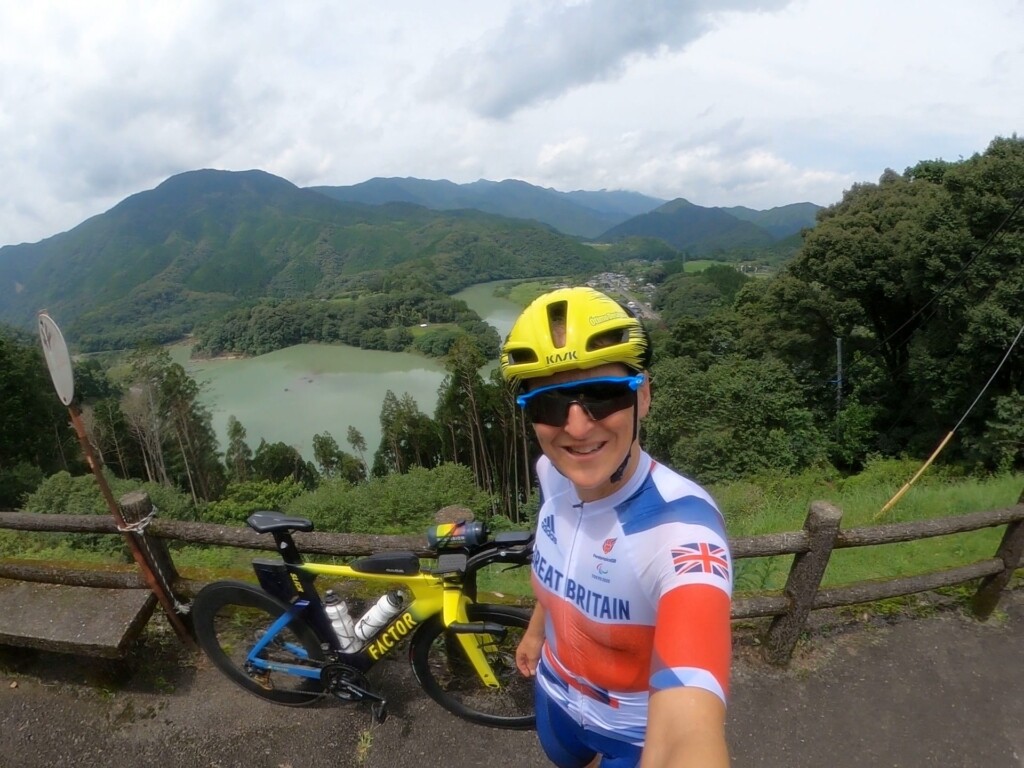
What was the atmosphere like in Tokyo?
This is my first Paralympics, but I have actually been to three Olympic Games; as a volunteer (Athens 2004) and spectator (Beijing 2008 and London 2021). Obviously this year’s Paralympics is very different as there are no spectators and a lot of restrictions. As a reserve, I didn’t have the full accreditation, so I was actually pretty limited to just being in the race hotel, and so was not really able to fully experience the atmosphere on the ground at the race or in the village. Also, Tokyo is in a state of emergency so there weren’t many people about, just the security and Paralympic volunteers. Having said that, with British Paratriathlon, we were so lucky. We had a super supportive team and the atmosphere was really great. We had a fantastic 10 days in Miyazaki training prior to arriving in Tokyo. Then when in Tokyo, we weren’t in the Paralympic Village, but in a hotel where we were able to be a self-sufficient and our own bubbled unit. It worked really well. There was such a fantastic energy in the group and a really great team in support. They are truly World Class.
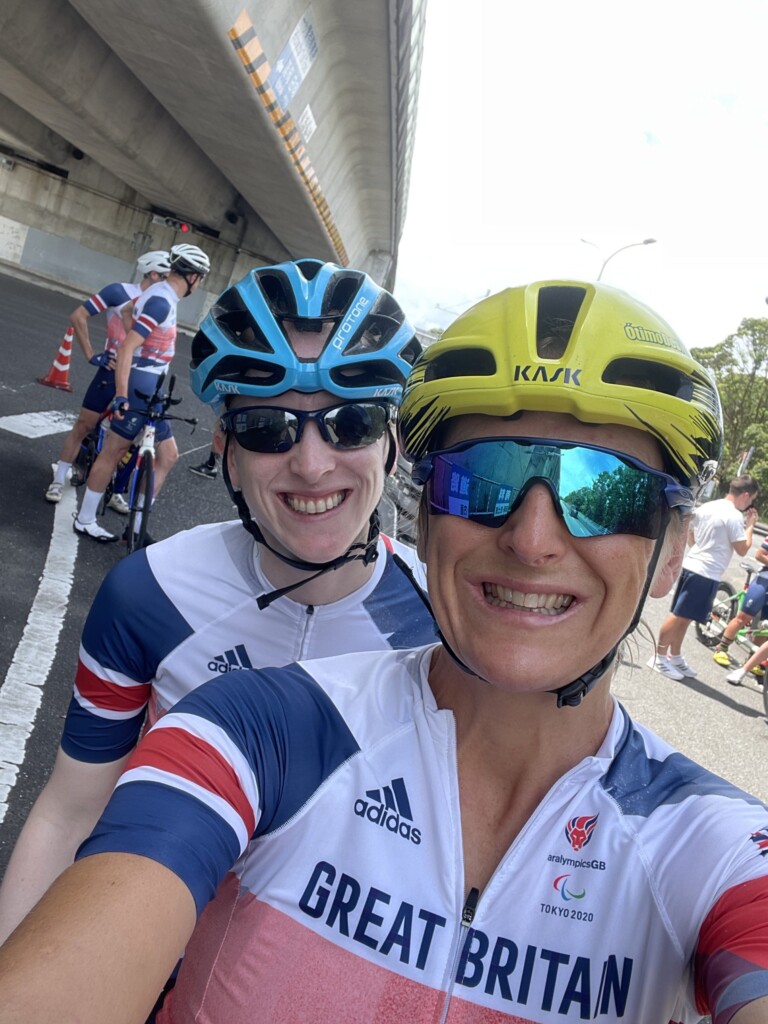
Have you done guiding before?
I’ve been working with the Paratriathlon team for the past year, so have been guiding Alison and Melissa in training, and also got the opportunity to race with a young up and coming athlete a few months ago.
It must be a unique and challenging experience in terms of pace setting etc.?
I think guiding is mainly about good communication between you and the athlete. Knowing how they operate and a good understanding of their strengths and fitness/form. During the race, it’s keeping that communication going. Pushing hard, but constantly talking to know if you can push more or need to be patient for the later stages. It’s about knowing how to work with the athlete and how to get the best out of them on race day.
Would you like to do it again as a guide in the future?
I think guiding is very rewarding, and definitely appeals. To be able to be part of an athlete’s journey and development, then be a small part of that on race day, is pretty special. Often, when both athlete and guide are fully engaged and committed it means as much to the guide as it does to get results as the athlete. So yes, absolutely.
What did the team set out to achieve at the Games?
As we all know, it’s been a difficult time for everyone, athletes included. The Paralympic Games was meant to be held last year, but got postponed, and the athletes have had to manage that, stay motivated and maintain/adapt their training during ongoing lock downs and periods of uncertainty. I therefore think that it was a bit of an unknown going into the Games. The past year + has affected people in so many different ways. But we had a great team out in Tokyo – Every athlete had the potential on their day to win a medal! The support team and network was very impressive, and the athletes had such an encouraging team around them. From the training camp we had in Miyazaki prior to arriving in Tokyo, it was clear that the athletes were in exceptional form and raring to race. For most – the best shape of their lives. For a few of the others, they were managing some injury and medical issues, which made it a challenging final few weeks just to get to the start line. So that was the big achievement and success as well. All in all, every athlete lined up highly motivated knowing that this was an incredible opportunity, and with the group we had in Tokyo, they were destined to do great things. And they did!
The Outcome:
The British Paratriathlon team performed amazingly, coming away with an impressive three medals.
Gold – Lauren Steadman PTS5Bronze – Claire Cashmore PTS5Silver – George Peasgood PTS54th – Alison Peasgood (PTVI) with guide Nikki Bartlett4th – Fran Brown (PTS4)7th – Melissa Reid (PTVI) with guide Hazel Mcleod8th – Michael Taylor (PTS4)DNF – David Ellis (PTVI) with guide Luke Pollard – the boys unfortunately had a mechanical as their chain broke on the first lap. This was heartbreaking as they were favourites for the Gold and in great form.
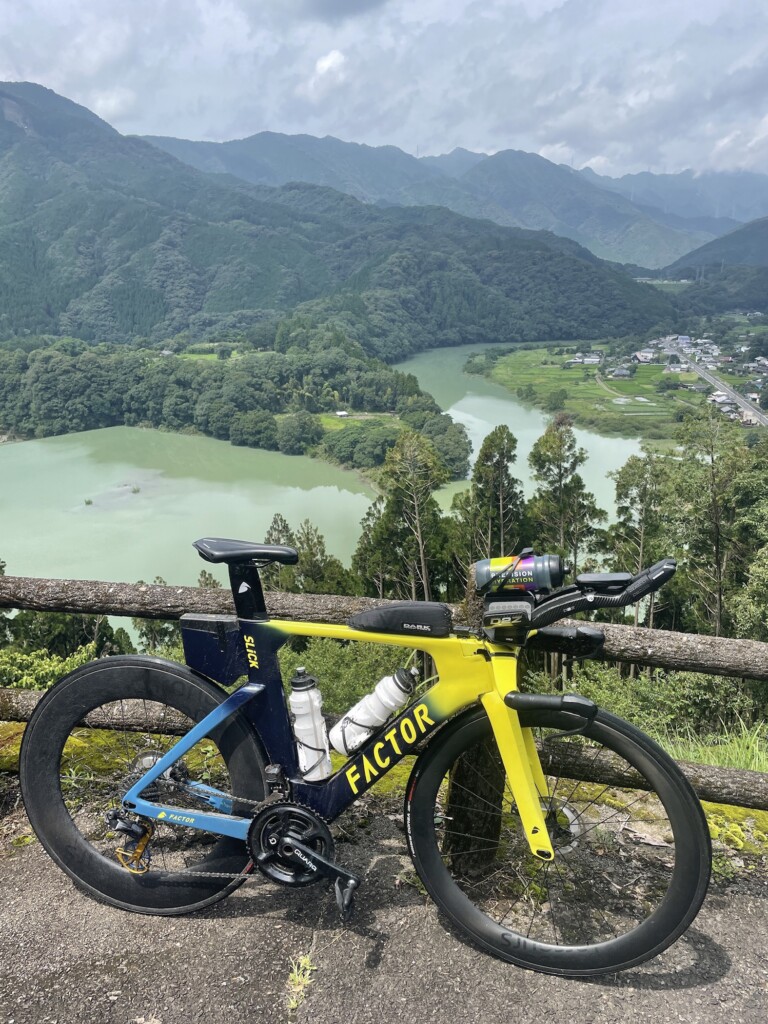
What’s next for you this season?
I’m currently at 36,000ft on my flight back from Tokyo, heading straight to Germany where I’m racing Challenge Roth on Sunday the 5th of September. I’m going into this race with completely different preparation to what I’m used to, having been in Japan with the Paratriathlon squad for the past three weeks, so it’s a bit of an unknown. Challenge Roth is one of my favourite races though and one of the best in the World. I wasn’t able to compete there in 2019, due to having just broken my collar bone, and then of course in 2020, the race was cancelled. This year, it’s also been postponed from its usual date in July. So, I’m beyond excited to finally get back to Roth, see the team there, as well as friends and family from the triathlon world.
*Laura ended up coming in a very impressive 2nd place over the weekend at Challenge Roth, so turns out her preparation in Tokyo was spot on!
Factor SLiCK
I absolutely love my Factor SLiCK TT bike. In 2019 I was fortunate to be given a custom painted frame for the Ironman World Championships, Hawaii. It was stunning. Not just its colour, but the level of detail on the paint work and design was amazing. This year, I’m riding the disc brake version, and have again gone for a custom paint scheme which I love. The bike feels fast when I’m TT-ing, yet climbs like a dream and handles well on corners and technical sections which is ideal for a triathlon. A good bike fit definitely helps, so I feel very comfy on the SLiCK regardless of the distance I’m riding or racing. Factor’s bikes always stand out and draw a lot of attention, and their performance is of the best quality. I also love the level of customer service when a new bike arrives. The packaging and presentation of the bike is impressive and certainly provides the right impression to a customer. It makes you feel really special.
LATEST NEWS…

© 2026 Factor Bikes. All rights reserved / Privacy Policy |Terms
